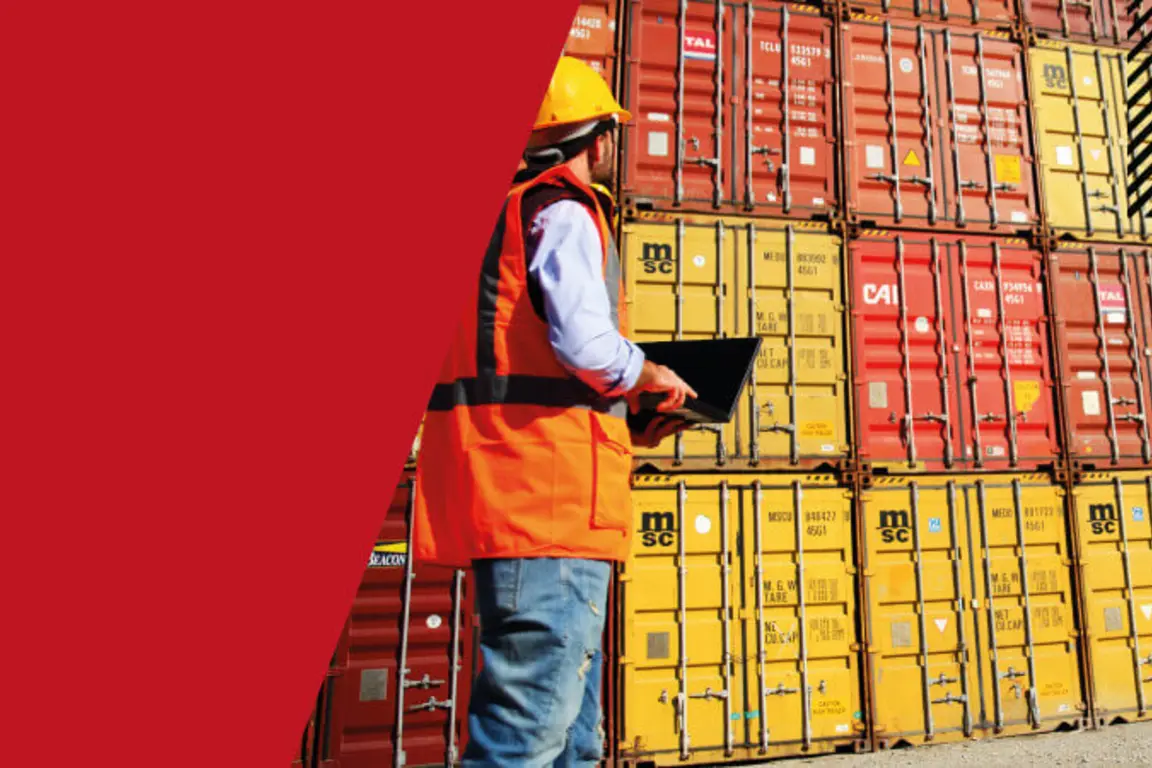On 19 October 2019 The UK and EU concluded its Withdrawal Agreement which became UK and EU law on 1 February 2020. This included the Northern Ireland Protocol the aims of which were:
1. Remove the need for physical (border) infrastructure on the island of Ireland
2. Protect the all-island economy
3. Protect the Good Friday Agreement
The NI Protocol establishes a new status for Goods trading into Northern Ireland from Great Britain. The agreement is separate in its operation and applicability to the UK-EU Trade & Cooperation Agreement. The NI Protocol rules are governed and overseen by a new UK/EU Joint Committee.
Moving goods from Great Britain to Northern Ireland
While a Customs and administration border on the island of Ireland has been avoided, the UK is performing EU border checks and controls on its behalf on goods coming in and out of Great Britain and Northern Ireland.
What will change and how will you be able to move goods?
Unlike the rest of Great Britain, Northern Ireland goods can freely circulate in the EU’s Single Market and remain subject to the rules of the EU Single Market. This includes EU VAT rules and goods from the EU continuing to move in free circulation, tariff free.
Goods moving from Northern Ireland into Great Britain are not subject to checks or controls provided they meet the definition of qualifying status for “unfettered access”.
However goods moving from Great Britain to Northern Ireland will be subject to a number of new controls.
From 1 January 2021:
1. EU Tariffs: Any goods ’at risk’ of onward movement to the EU (including the Republic of Ireland) will be subject to EU duties.
2. Sanitary and phytosanitary (SPS): SPS checks will be applied at designated Border Control Posts in NI Ports to products of animal origin.
3. Regulatory Compliance: Goods entering or leaving NI will be subject to EU Single Market rules.
4. EU Customs Code: NI is applying the EU Custom Code, meaning that goods moving into NI require an import declaration, a safety & security declaration and a transit accompanying document. However, a ’Trader Support Service’ is in place to assist with new administrative processes in moving goods from GB to NI (further details below).
5. VAT: NI will continue to apply EU VAT rules, but will remain in the UK VAT regime (further details are awaited on what this means operationally)
Government Guidance - Moving goods into, out of, or through Northern Ireland - GOV.UK (www.gov.uk)
Trader Support Service portal can be found here Sign up for the Trader Support Service - GOV.UK (www.gov.uk)
Enrolment for the XI prefix EORI needed for NI Get an EORI number - GOV.UK (www.gov.uk)
New VAT guidance for NI Accounting for VAT on goods moving between Great Britain and Northern Ireland from 1 January 2021 - GOV.UK (www.gov.uk)
Her Majesty’s Revenue and Customs (HMRC) has launched a UK Trader Scheme to support businesses moving goods from Great Britain to Northern Ireland. If you have not already registered for this service, do so immediately. Apply for authorisation for the UK Trader Scheme if you bring goods into Northern Ireland - GOV.UK (www.gov.uk)
Placing Goods on the Northern Ireland Market
Goods placed on the Northern Ireland market must continue to be manufactured to relevant EU rules. EU conformity markings will continue to be used to show goods meet EU rules. For most, this is CE marking.
If you use a UK body to carry out conformity assessment, you will also need to apply a UKNI marking plus CE mark.
The UKCA marking cannot be used for goods placed on the Northern Ireland market.
Government Guidance - Placing manufactured goods on the market in Northern Ireland - GOV.UK (www.gov.uk)
